With the Shannon Matthews story, it’s not easy to accentuate the positive — but BBC1’s The Moorside (Tuesday) is having a go nonetheless. Although touching at times, the result ultimately proves a rather awkward watch.
Shannon was nine when she went missing from the Moorside estate, Dewsbury, in February 2008. Her mother Karen made a tearful televised appeal for the return of ‘my beautiful princess daughter’, but ended up serving four years in jail for being an accomplice in Shannon’s kidnapping. With her chaotic taxpayer-funded life, and her seven children by five fathers, Karen was duly turned into a sort of anti-poster girl for the tabloids. The Moorside itself became a symbol, including for David Cameron, of ‘our broken society’.
Now this two-part drama sets out, very determinedly indeed, to stand up for the place — by insisting instead that the people of the Moorside are, even by the usual standards of Yorkshire people in TV dramas, peerless salts of the earth. Leading the salinity is Julie Bushby (Sheridan Smith), a woman much given to ruffling the hair of small boys and greeting her neighbours with a cheery cry of ‘Hiya, love’. After Shannon disappeared, Julie organised a community search, several marches and a candlelit vigil. She also gave a series of inspiring speeches about how the people of the Moorside ‘look after our own’ and wouldn’t rest until the girl was ‘back with her family where she belongs’.
The obvious trouble, though, is that Julie’s version of events was completely wrong — and therefore the programme is essentially a portrait of group delusion. Yet, far from seeing itself that way, The Moorside seems not only to share the delusion, but to want us to do so as well. In one of her inspiring moments, Julie declared that whatever people might say about the estate, ‘Its heart’s in the right place.’ But what neither she nor the drama ever appears to realise is that sometimes that’s not enough.
There was more self-delusion, although more honestly depicted, in Channel 5’s The Accused: a gripping and intimate documentary that began with the recording of a call to NHS Direct in November 2014. The callers were Kenzey and her boyfriend Kyle, whose seven-week-old daughter had gone ‘floppy’. In fact, she had injuries so serious that she’ll be brain-damaged and blind for life. The next day, Kyle was arrested for GBH and Kenzey, who’d apparently not seen whatever had happened, was charged with endangering her child by leaving her with a man she knew to be violent.
The programme then followed 23-year-old Kenzey as she prepared her defence. Or rather, as she failed to, because, in the teeth of all the evidence, she refused to accept that she could possibly have predicted Kyle doing anything bad — or even that he necessarily had. Texts emerged in which he apologised for hitting her, and admitted that he was a danger to the baby. At one point, he confessed on Facebook that the baby ‘is unwell because I shook her. I am a child abuser.’ Kenzey, however, stuck firmly to her belief that, while ‘there’s no such thing as a perfect couple’, she and Kyle had rubbed along fine, and that he’d never really hurt anyone. No wonder that her barrister — and I suspect most viewers — grew increasingly exasperated with her unshakable loyalty.
The strange thing was that, through all this, Kenzey remained both weirdly likable and not obviously stupid — although she perhaps put too much trust in such current pieties as the idea that nobody has the right to judge anybody else: an idea not wholly compatible with standing trial in a court of law. It was, mind you, hard to argue with one thing she said. ‘No one,’ she told us, ‘can understand my thought processes.’
Finally, a quick mention for Unforgotten (ITV), which ended on Thursday. The last episode, like all its predecessors, was pretty much immaculate, neatly drawing the many strands of the story together, while also pondering the difference between morality and law. At the risk of sounding heartless, the series even managed to make the issue of child abuse (the dark secret at the heart of virtually every police drama these days) seem properly horrifying again rather than a somewhat overused plot device. And of course, the acting, led by Nicola Walker, was uniformly terrific.
Indeed, my only reservation about the series is entirely unfair. For the past six weeks, it’s been on the night after Channel 4’s No Offence — a police drama that is anything but immaculate, yet bursts with such wild and irresistible energy that Unforgotten sometimes felt almost too controlled and perfect by comparison.
Got something to add? Join the discussion and comment below.
Get 10 issues for just $10
Subscribe to The Spectator Australia today for the next 10 magazine issues, plus full online access, for just $10.

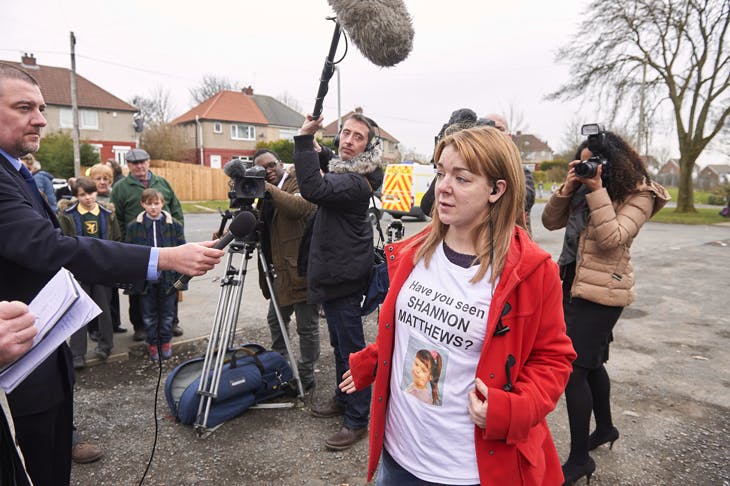
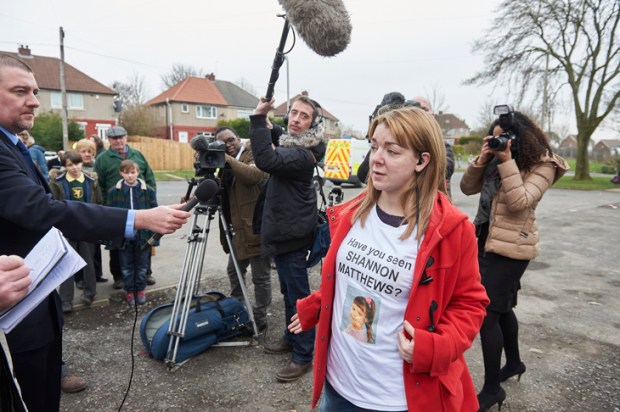

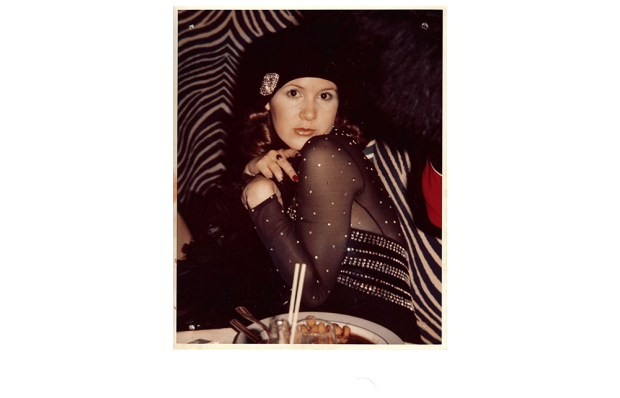
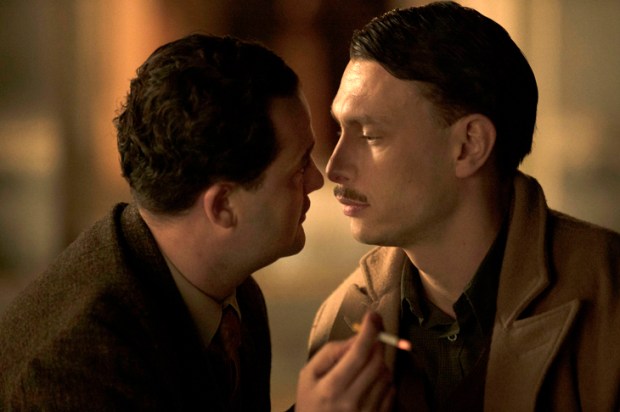
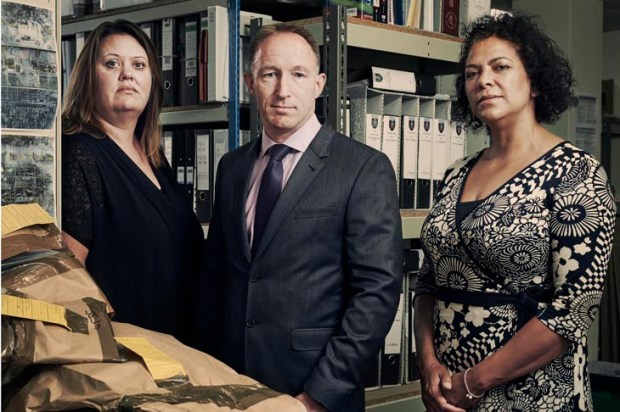
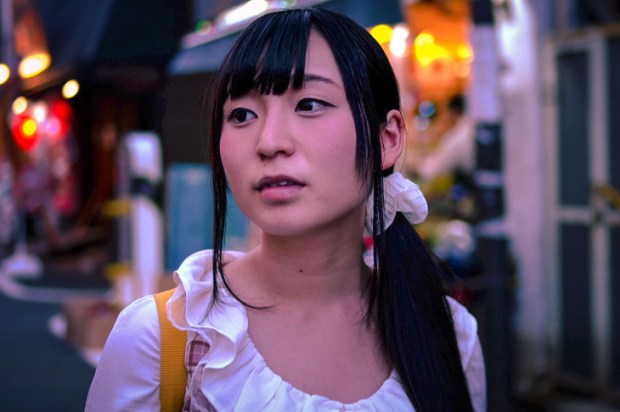






Comments
Don't miss out
Join the conversation with other Spectator Australia readers. Subscribe to leave a comment.
SUBSCRIBEAlready a subscriber? Log in